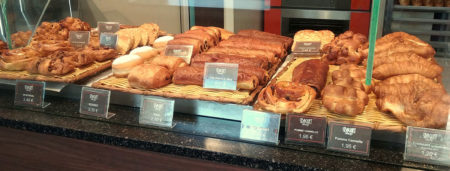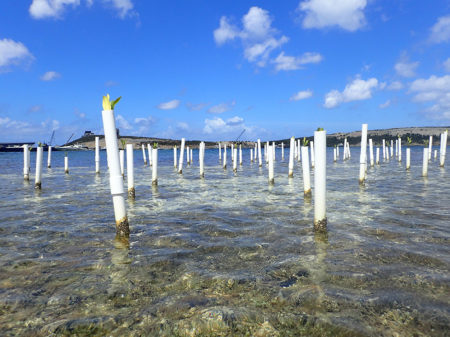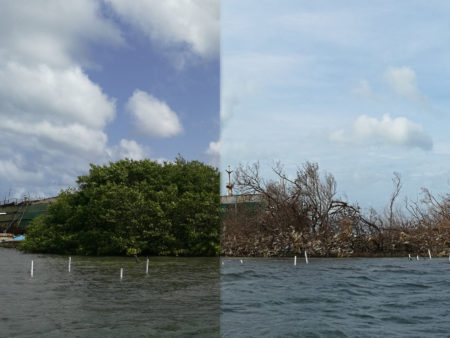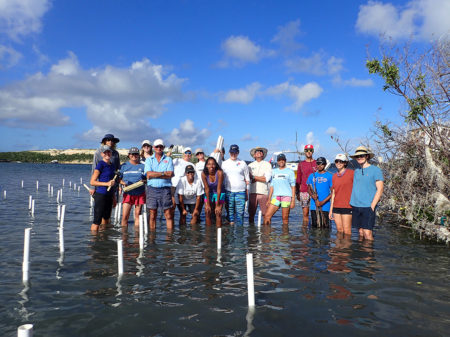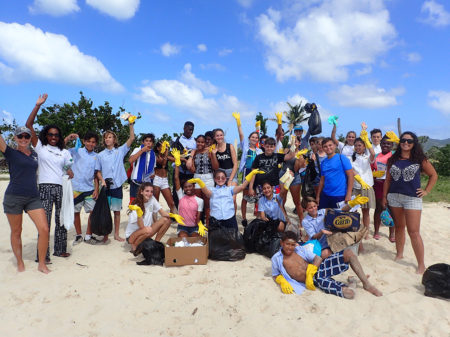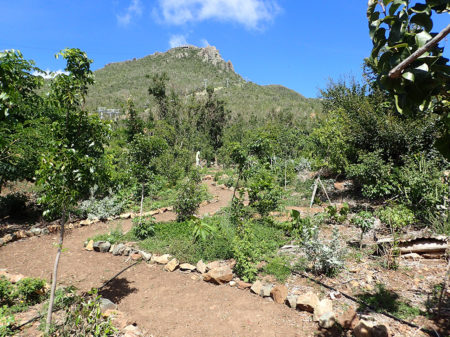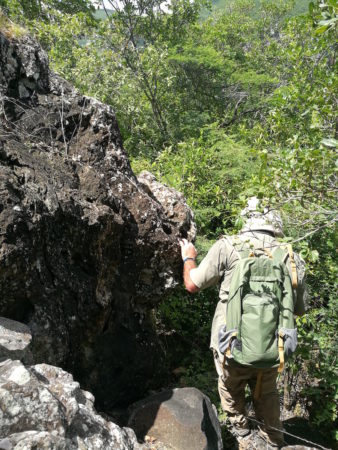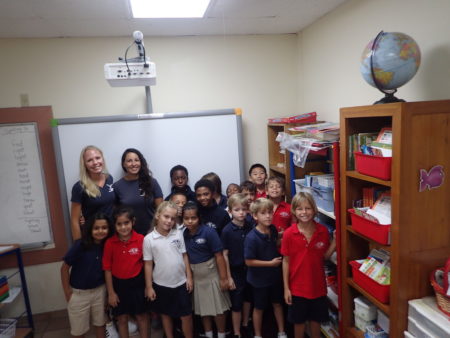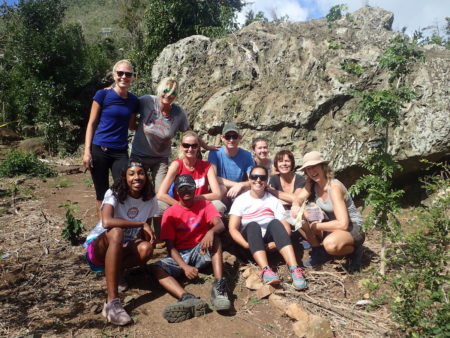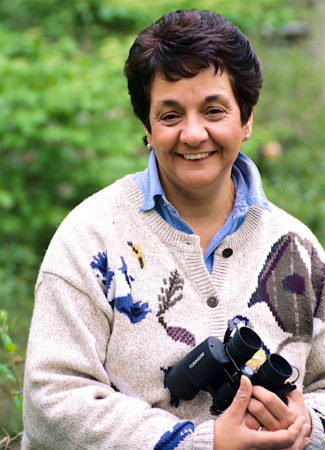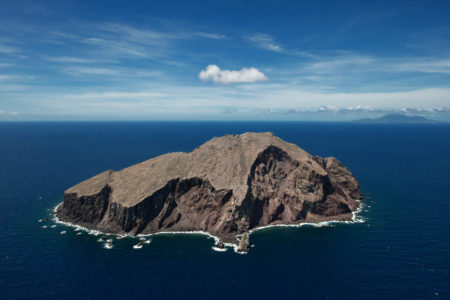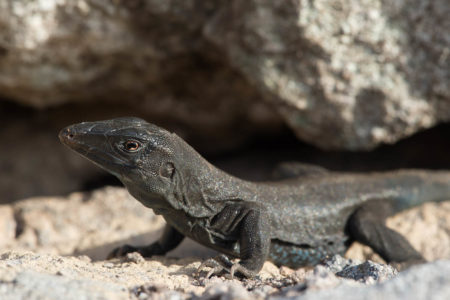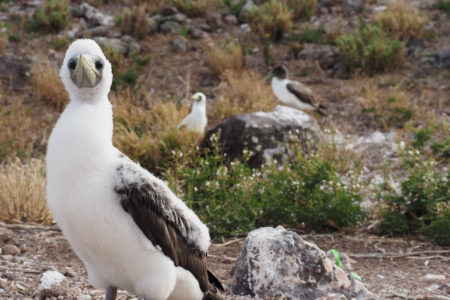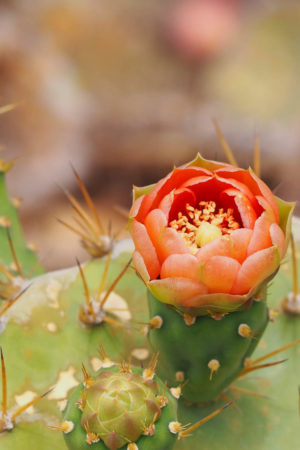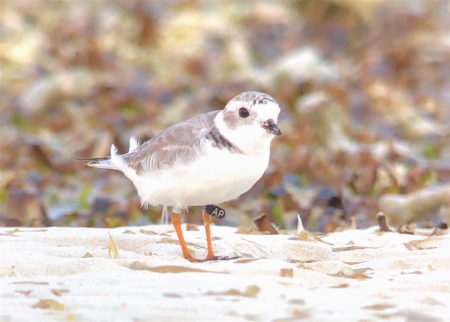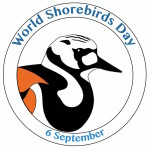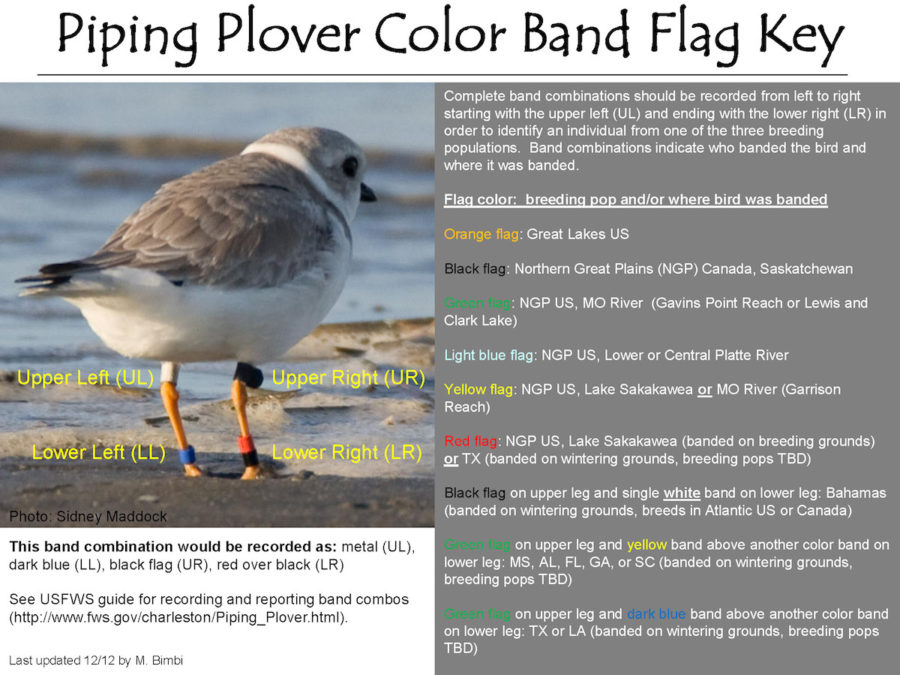It’s a hit – for students, teachers and communities.
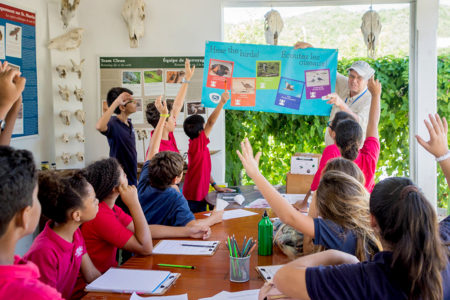
“This program is so well designed that once introduced to educators it sells itself. It brings knowledge with the help of fun activities, and because birds are all around us, it helps children and adults alike to better appreciate our immediate surroundings, and inspires environmental stewardship for our surrounding habitats,” said Binkie van Es, an educator and guide on the island of St. Martin/ St. Maarten.
What was Binkie enthusing about? It is the BirdSleuth Caribbean program “Connecting Kids Through Birds,” an innovative, vibrant curriculum that uses birds to teach youth how to study, appreciate and conserve Caribbean birds. Designed for students 9-13 years old, the BirdSleuth Caribbean program contains lessons, activities and learning games that can be done in the classroom and outdoors.
BirdsCaribbean recently submitted its Final Report on the five-year program, which received funding support from the Neotropical Migratory Bird Conservation Act Fund of the U.S. Fish & Wildlife Service.
BirdsCaribbean is proud to report that over the five years almost 50,000 children and community members on 22 islands/ countries joined in a range of BirdSleuth activities and learning opportunities. From Junior Rangers in the Grenadines to pre-school teachers in Haiti and Montserrat, Caribbean citizens of all ages got involved.
Detectives of Discovery
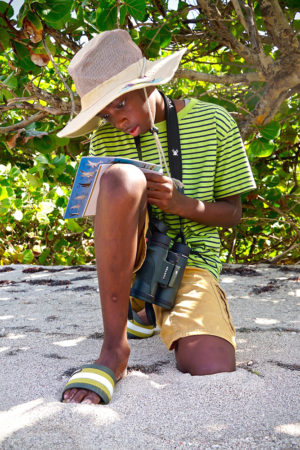
Now, what exactly is a sleuth? He (or she) is a person who tracks things; a keen investigator who unearths all kinds of interesting facts. Inquiry is an important feature of the BirdSleuth Caribbean curriculum, which was adapted for the Caribbean by Project Coordinator Lisa Sorenson and her team. The study of our birds means asking questions: What? (species identification) Where? (habitats) and How? (the interactive nature of the learning process). There is also a Why? (the important role our birds play in Caribbean ecosystems). Why, indeed, are birds important? At the end of any BirdSleuth training session, students can all answer that question – and in many different ways.
The program got off to an exciting start in October, 2014, when 27 participants from 23 different islands attended a workshop at the Headquarters of the Bahamas National Trust in Nassau. The three-day workshop included field trips as well as classroom sessions, and peer teaching. With workshop kits and relevant materials tucked under their arms, the trained educators returned home and held 39 Birdsleuth Training Workshops for over 1,000 educators in their own countries. The response was overwhelmingly positive.
Project Coordinator and BirdsCaribbean Executive Director Lisa Sorenson is happy at the achievements of the program – and very optimistic about its prospects for sustainability. “We are especially pleased that we were able to adapt the materials from the Cornell Lab of Ornithology’s highly-successful BirdSleuth International Program for a Caribbean audience,” she said. “This was welcomed by teachers, who did not see it as an ‘imported’ curriculum, but immediately embraced and adopted it as their own. This brought the whole program to life.”
Inclusive for all Avian Investigators
Dr. Sorenson also sees it as important that all the project materials are available in English, Spanish and French. BirdsCaribbean partners are also working on Creole and Dutch versions. All the materials are available for download free of cost on the BirdsCaribbean website. Those who are interested in starting their own BirdSleuth program – whether a school, a community group or a conservation organization – can get in touch with their local BirdSleuth partners for guidance. It’s a sustainable, ongoing project.
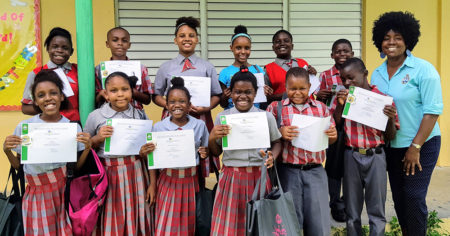
So, where have the ”Bird Sleuths” been busy sleuthing? The program has not only been taking place in school classrooms, but also at summer camps, after-school science clubs, and at events organized by youth and community organizations. Les Fruits de Mer’s Heritage Museum in St. Martin has a permanent BirdSleuth activity station for visitors. BirdSleuth Caribbean activities have also been used in annual celebrations such as World Wetlands Day, World Migatory Bird Day, and the Caribbean Endemic Bird Festival.
The feedback from the 2014 workshop and beyond has been positive. “The materials are extremely entertaining, which appeals to the children,” said Johanna Rodriguez of Grupo Acción Ecologica in the Dominican Republic. Amy Avenant of the Department of Environment and Maritime Affairs in the Turks and Caicos Islands noted: “The curriculum is well structured and uncomplicated, driving home the need for habitat conservation and equipping youth with an empathetic looking-glass through which they can view both migratory and resident bird species, alike.”
Gumshoes Achieving Goals
Children and adults have been both inspired and entertained, engaging in a wide range of activities such as planting native plants beneficial to birds, developing birding trails, conducting clean-ups, and monitoring local birds using eBird Caribbean. Despite some challenges (including hurricanes, and fitting in with teachers’ busy schedules) there were many high points. One example is the declaration of the Petite Carenage wetland on Carriacou as a protected bird sanctuary, thanks to local partner, the KIDO Foundation. They have turned nearly the entire island into a community that cares about birds and have been busy building and installing nest boxes, planting trees, and creating original artwork for their interpretive materials and signage.
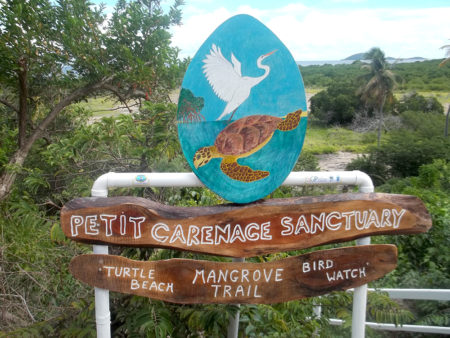
“The goal of BirdSleuth Caribbean is to encourage Caribbean people in the study, appreciation and protection of endemic and migratory birds and their habitats,” explained Lisa Sorenson. “In the past five years, we have realized that the study of our beautiful birds has sparked a new excitement and an interest in teaching – and learning – more about science and conservation. And once that spark is lit, it often grows into a real passion for birds, which we at BirdsCaribbean share, of course!”
BirdSleuth Caribbean is an inquiry-based science curriculum that engages kids in scientific study and real data collection. BirdSleuth encourages kids to answer their own questions about nature using the scientific process. Students will spend more time outdoors, connecting with nature by focusing on the fascinating sights, sounds and behaviors of birds. Click here for more information on the BirdSleuth Caribbean program.
We are extremely grateful to the USFWS Neotropical Migratory Bird Conservation Act Fund for providing the main funding for this program. We also thank the Cornell Lab of Ornithology, US Forest Service International Program, Optics for the Tropics, Vortex Optics, Bahamas National Trust, and Parc National de la Guadeloupe for funding and support.
Photo gallery: Hover over each photo to see the caption. Click on the first photo to start a slide show.
Read about the success of this project in these articles:
BirdSleuth Caribbean Brings Protection for Resident and Migratory Birds in Carriacou, Grenada.
BirdSleuth Caribbean featured in ZiNG magazine.
Rural Teachers make Bird Connections in Seville, Jamaica.
Empowering Youth to Garden for Wildlife in Grand Bahama.
Connecting Communities and Conservation with BirdsCaribbean.
Environmental Educators Become BirdSleuths in the Bahamas.
Connecting Communities and Conservation with Birds.
By Emma Caroline Lewis, member of BirdsCaribbean’s Media Working Group, activist and blogger, follow me @petchary














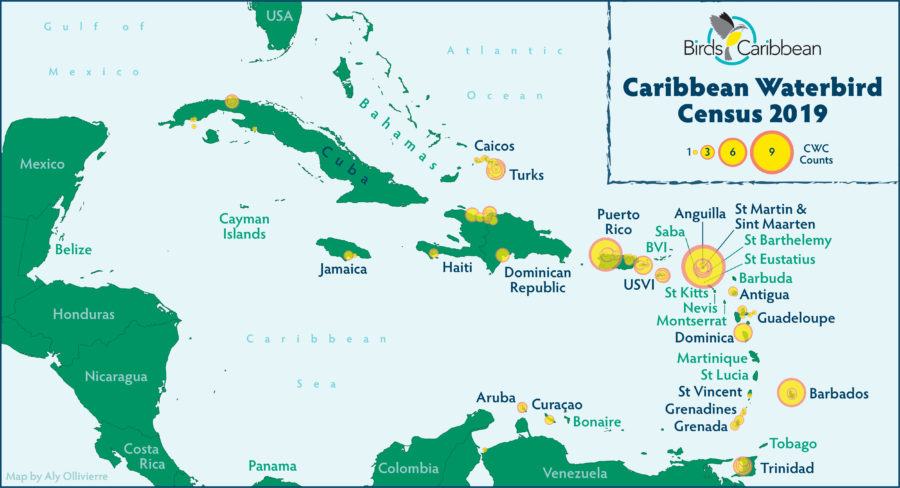
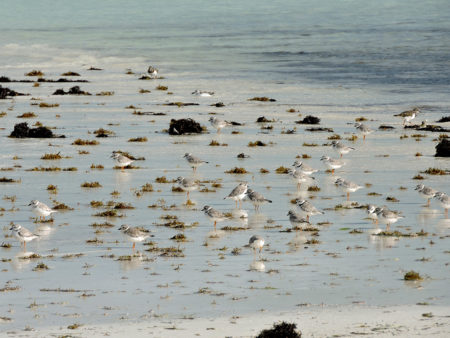
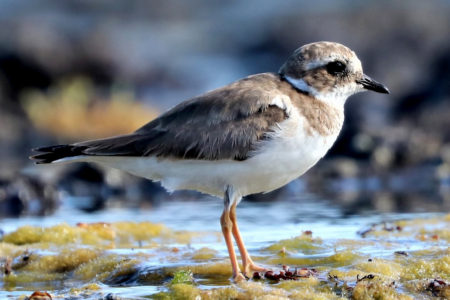
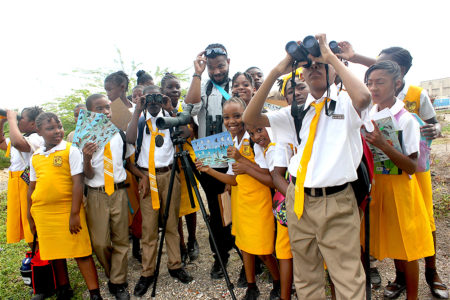
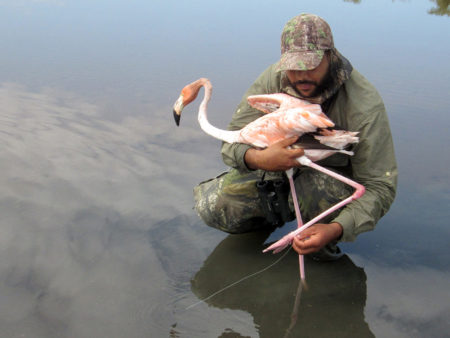
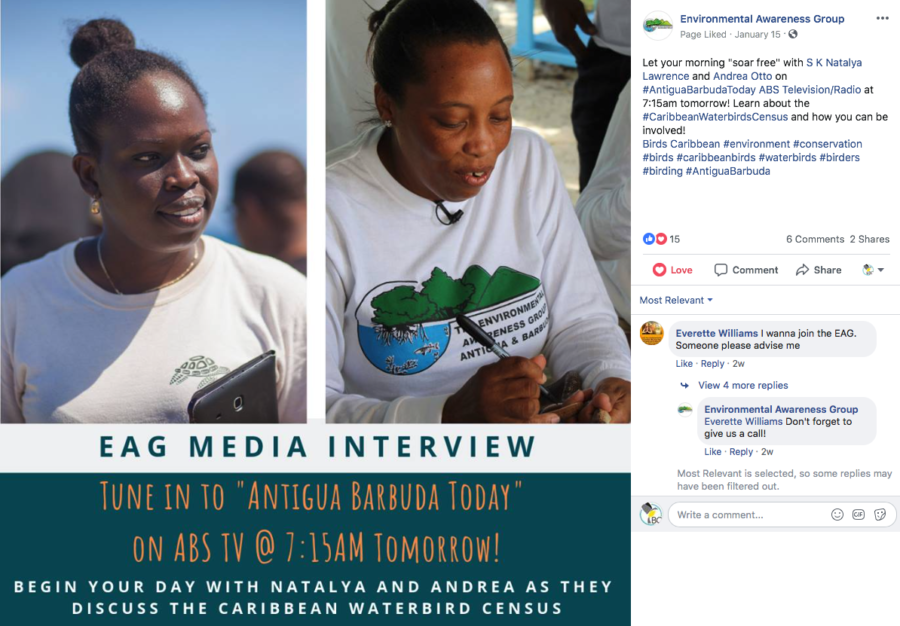
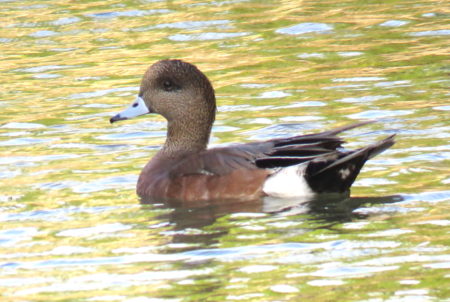
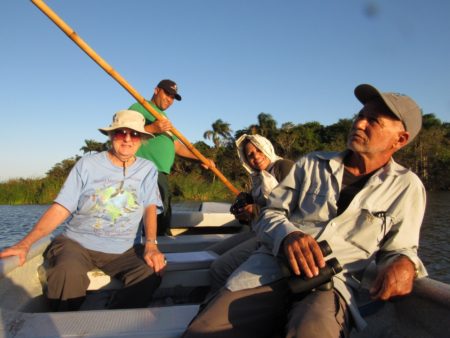

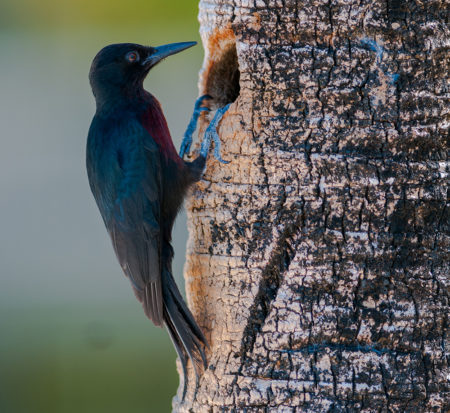
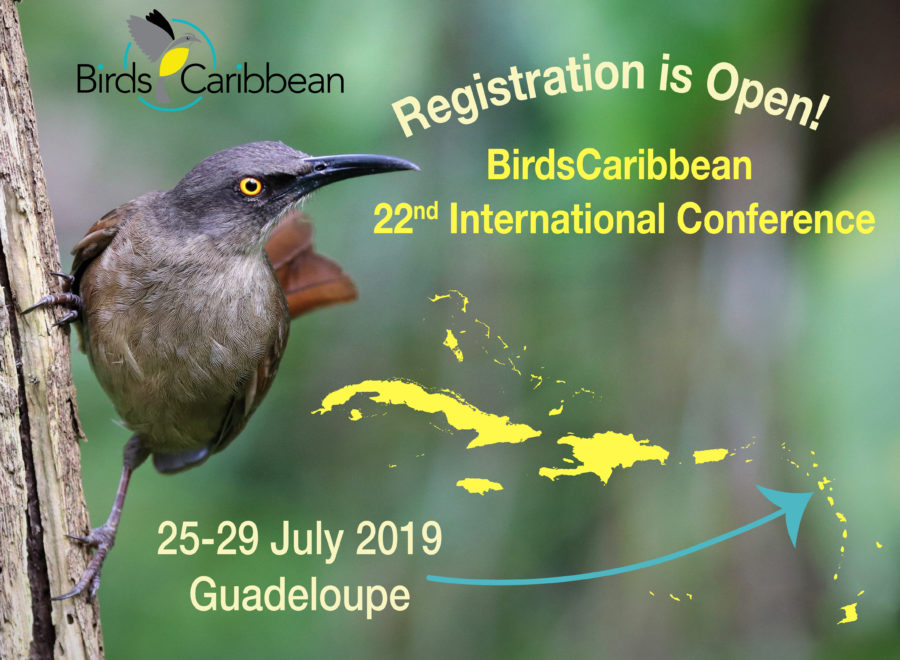





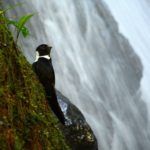
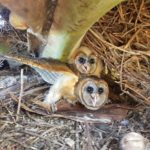
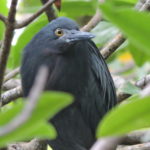
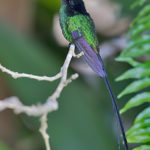
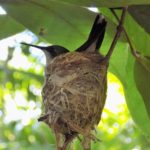
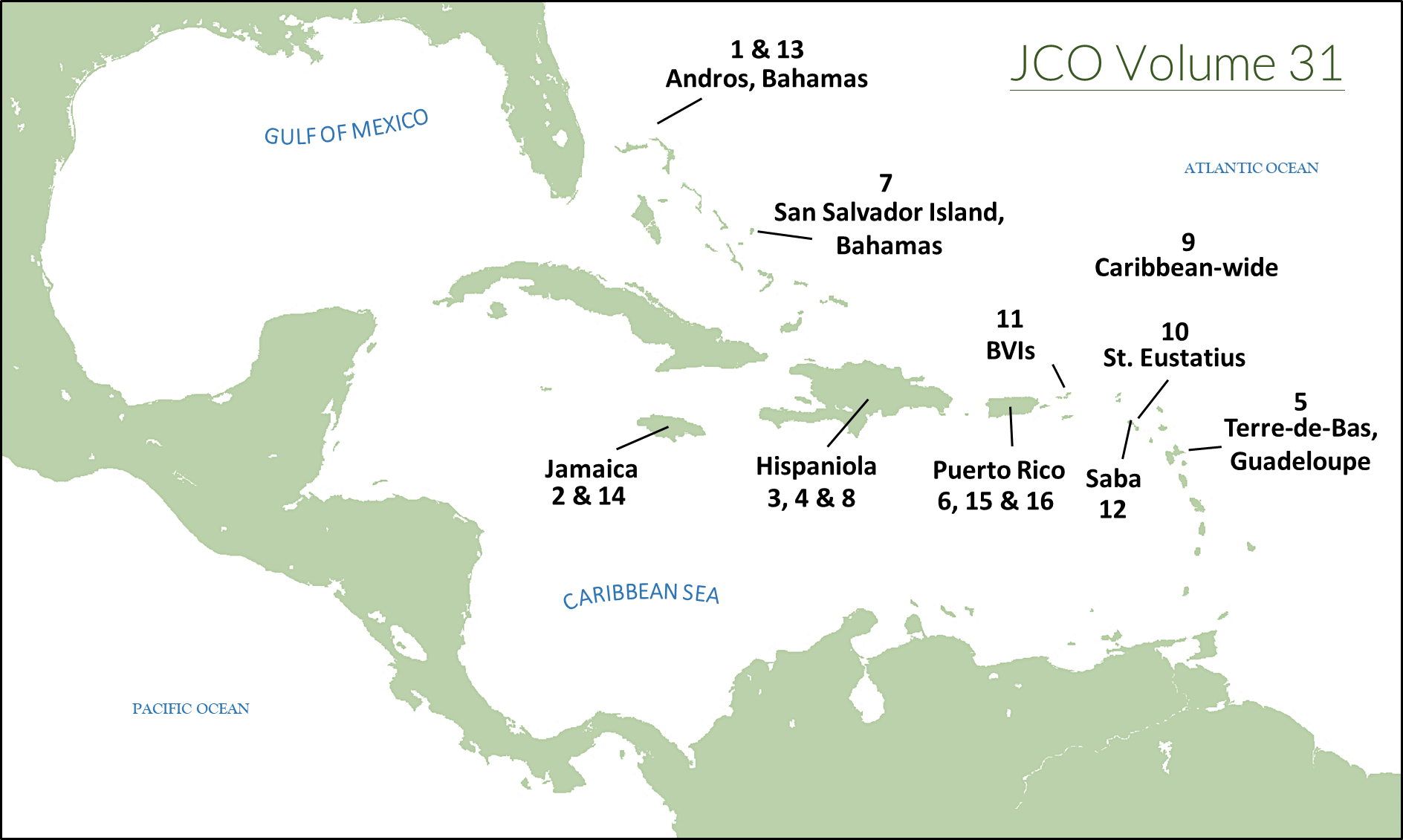
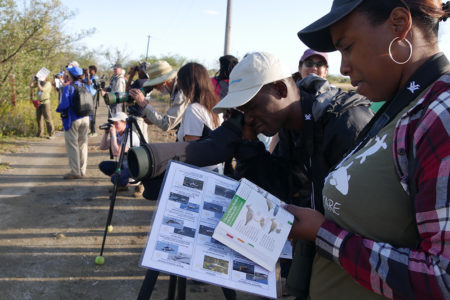
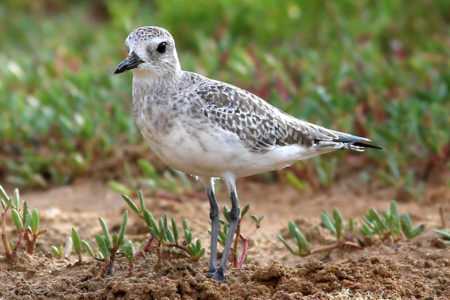
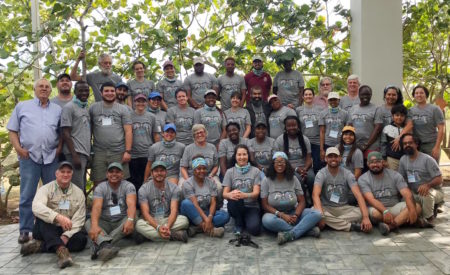
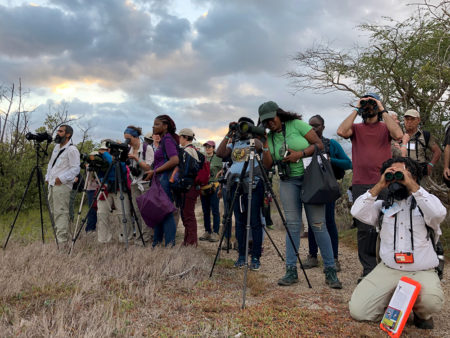
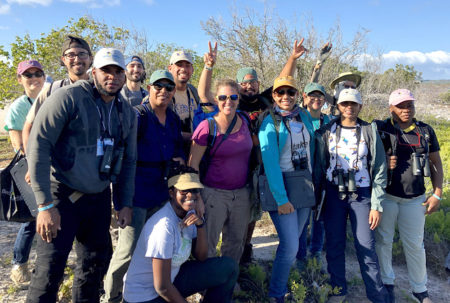
















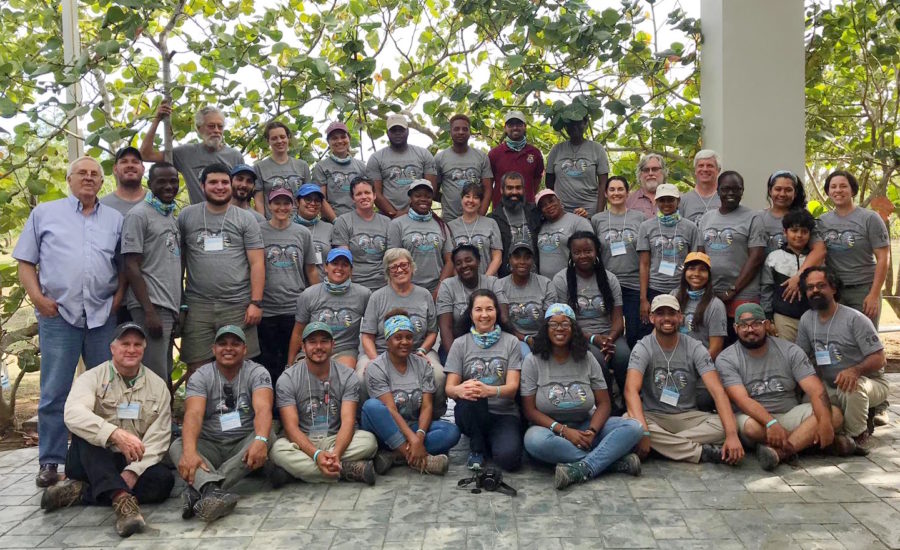
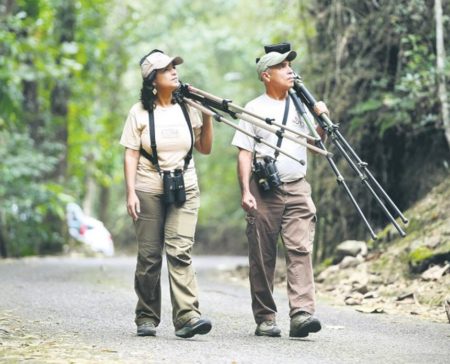
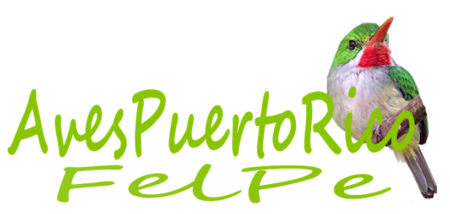
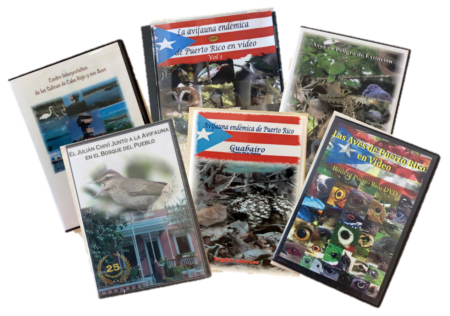
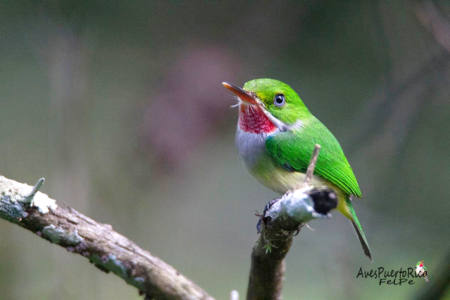
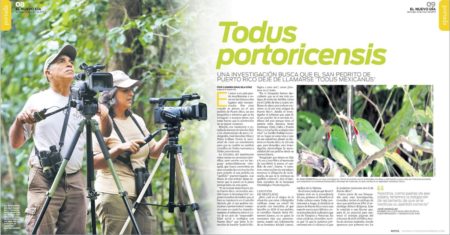
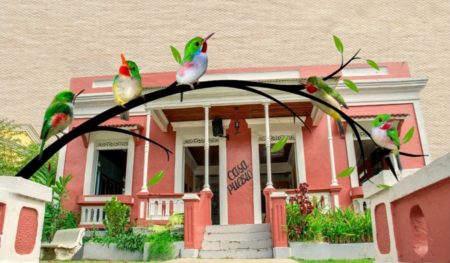
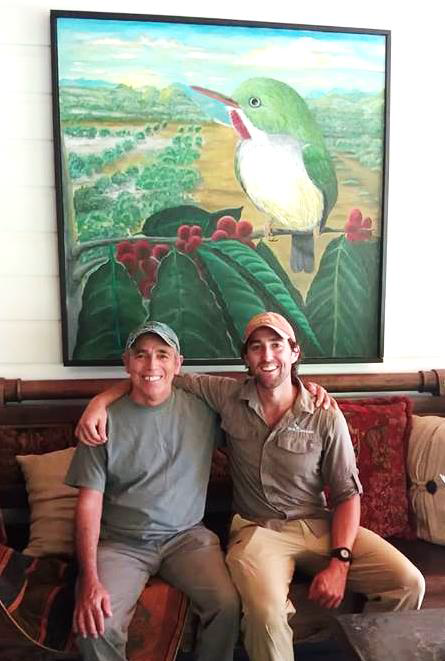
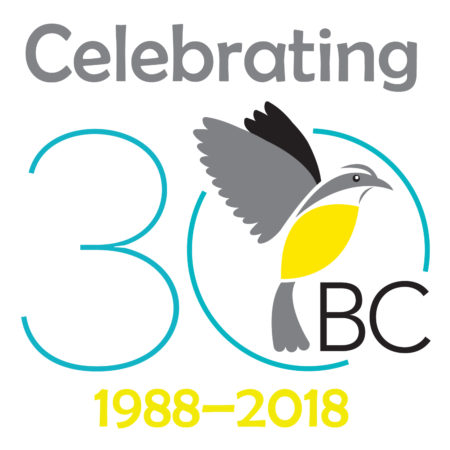
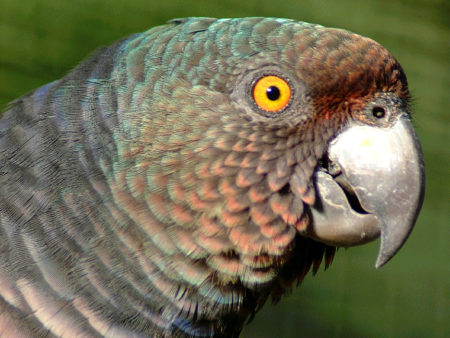
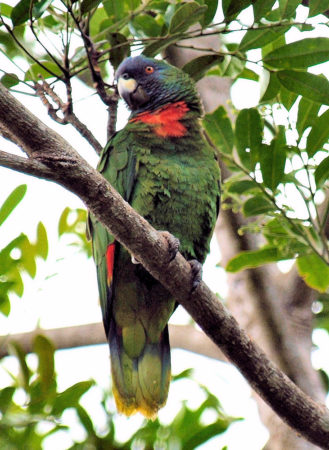
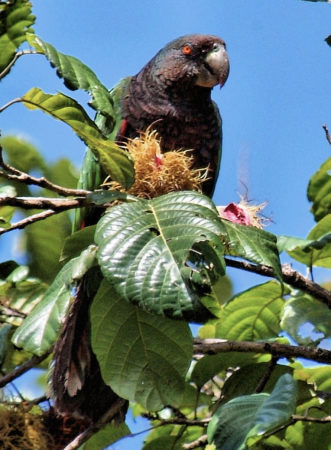
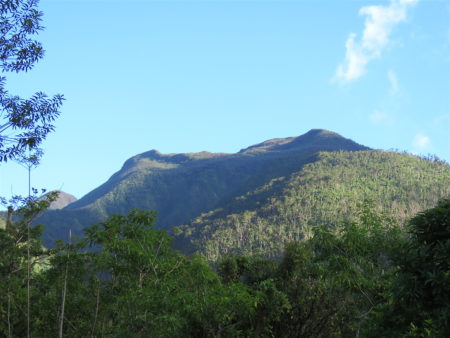
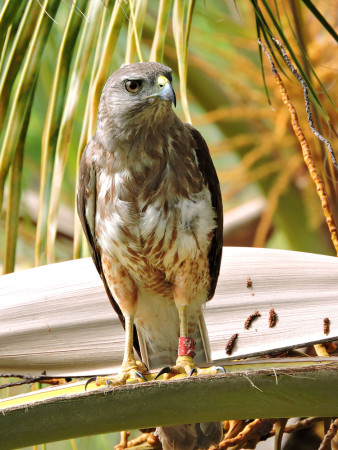
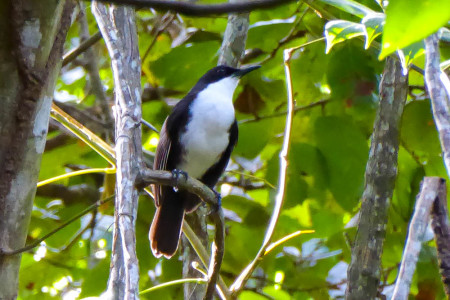
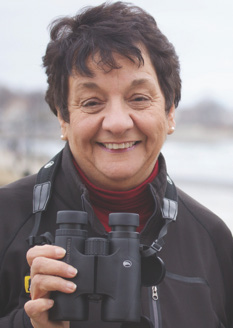
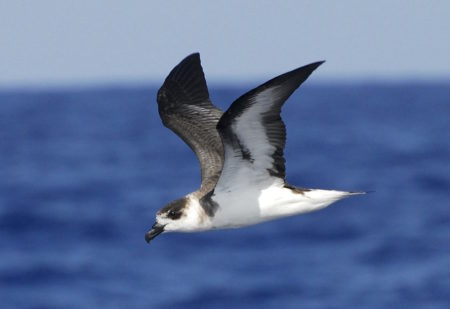
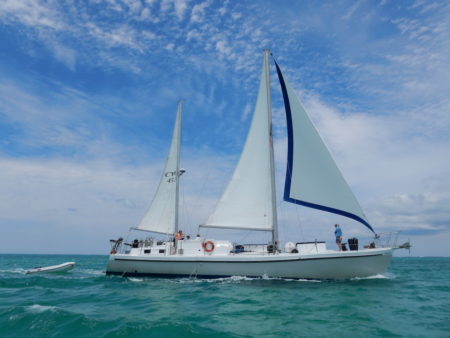
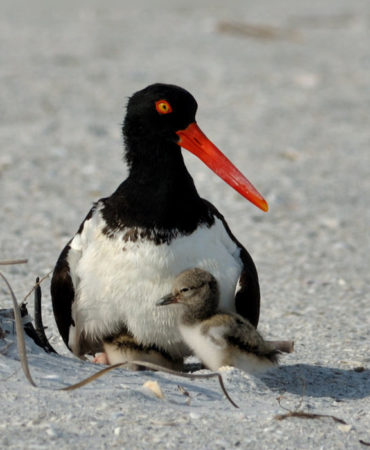
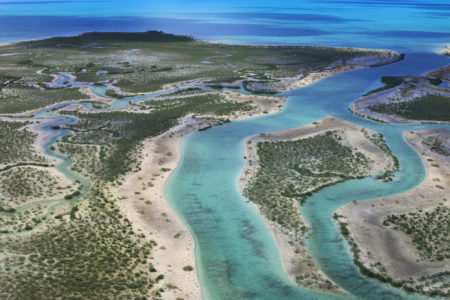
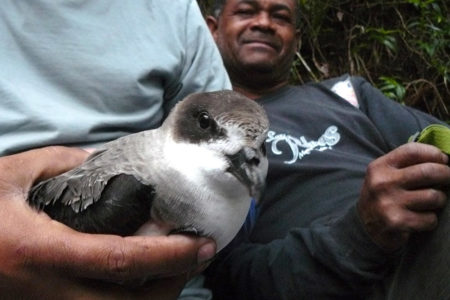
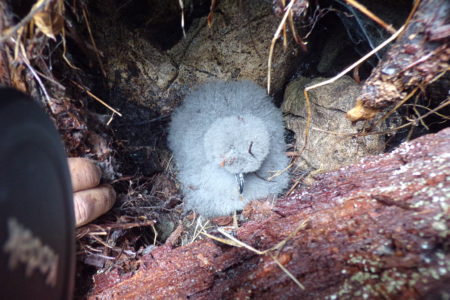
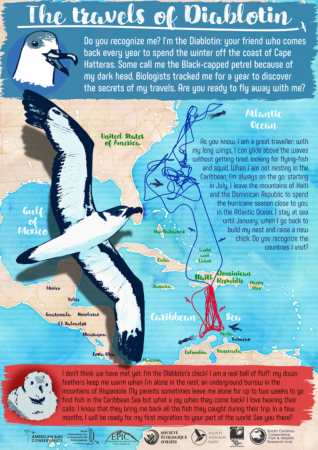
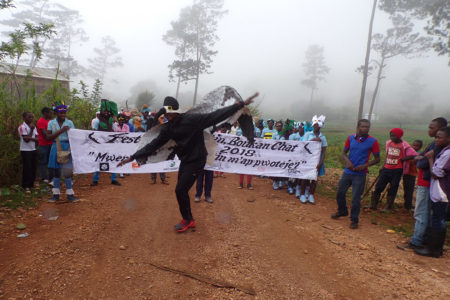
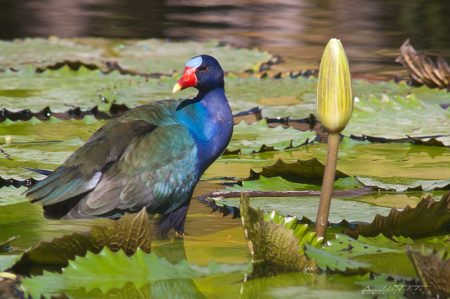
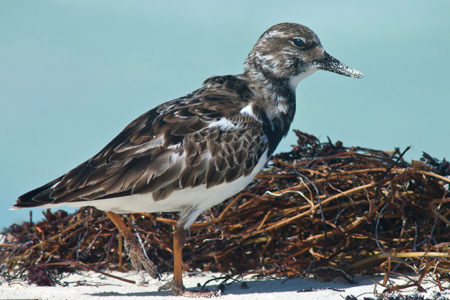
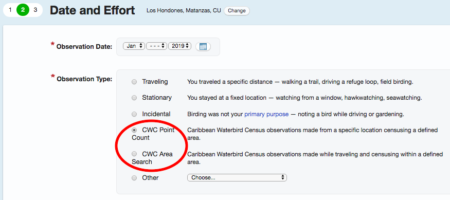
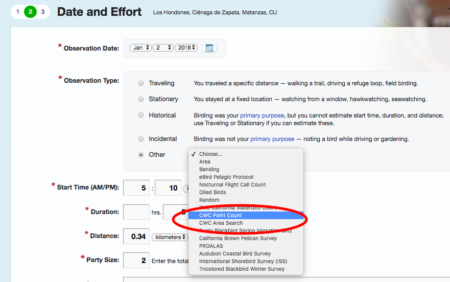
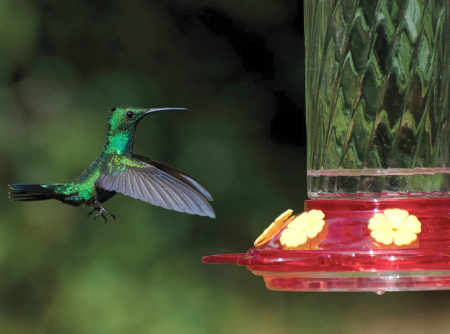
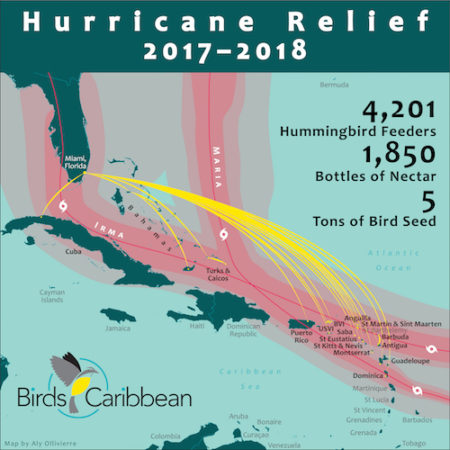
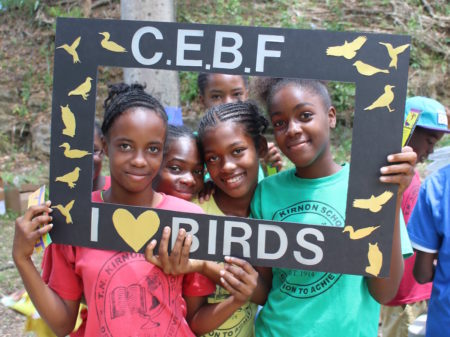
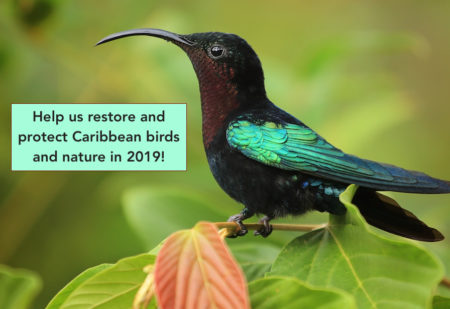
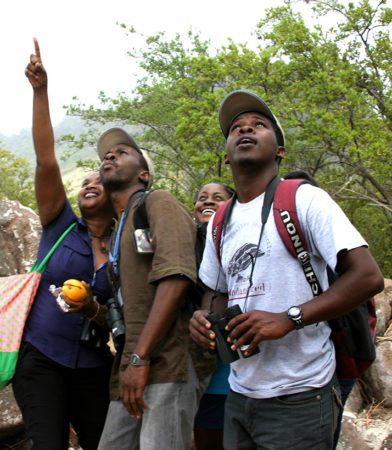
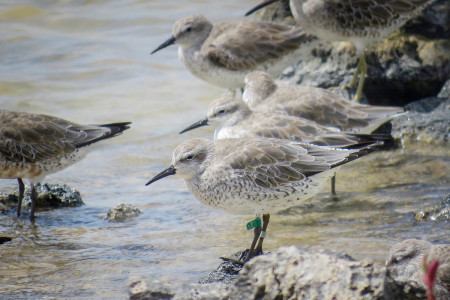
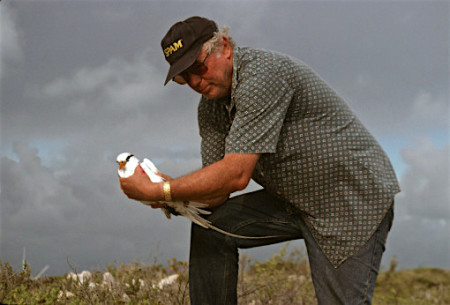
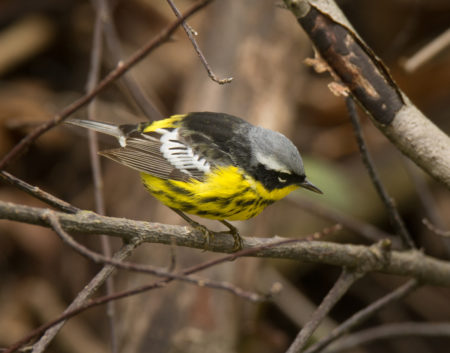
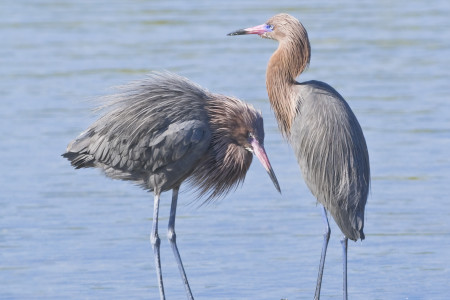
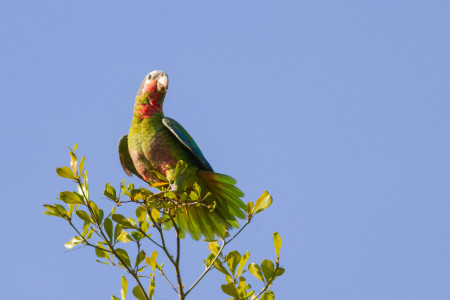
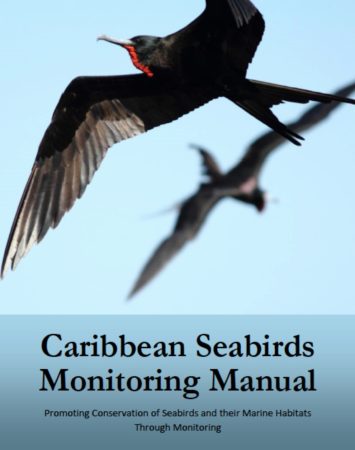
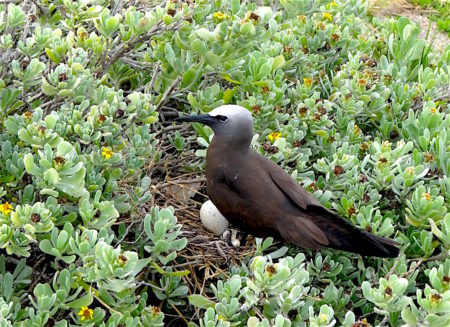
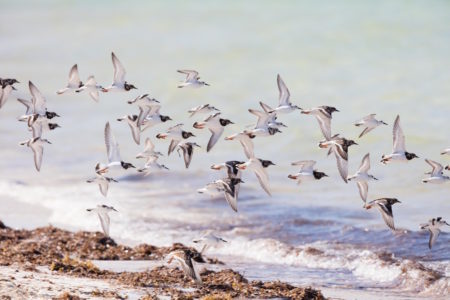
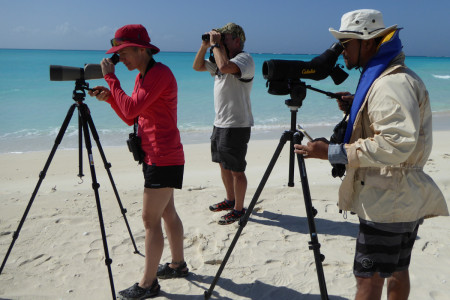
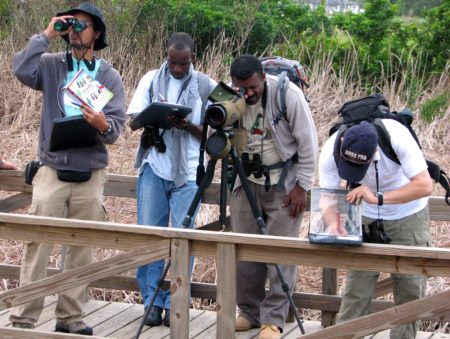
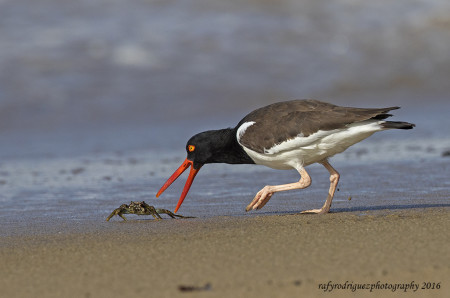

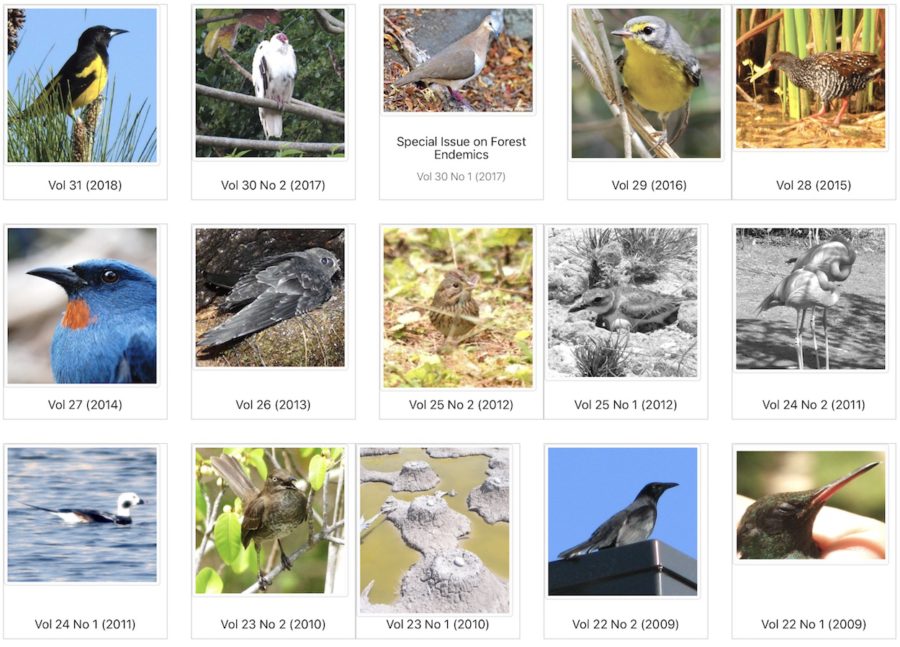
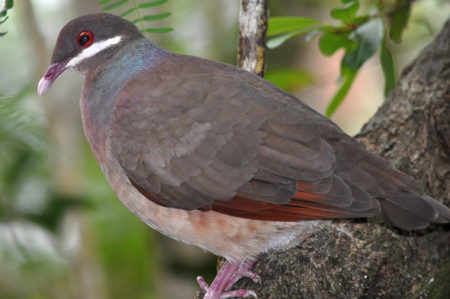
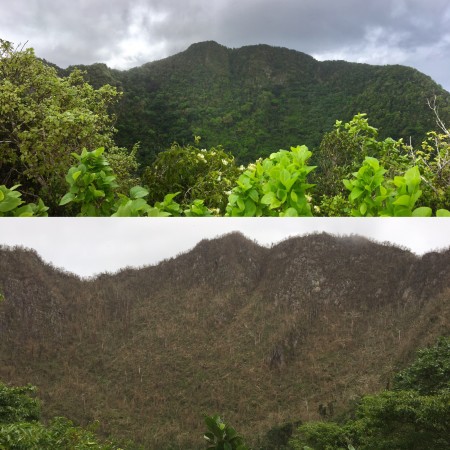
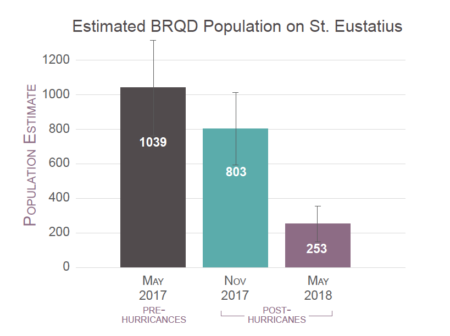
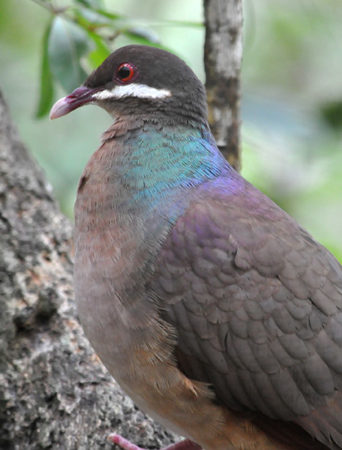
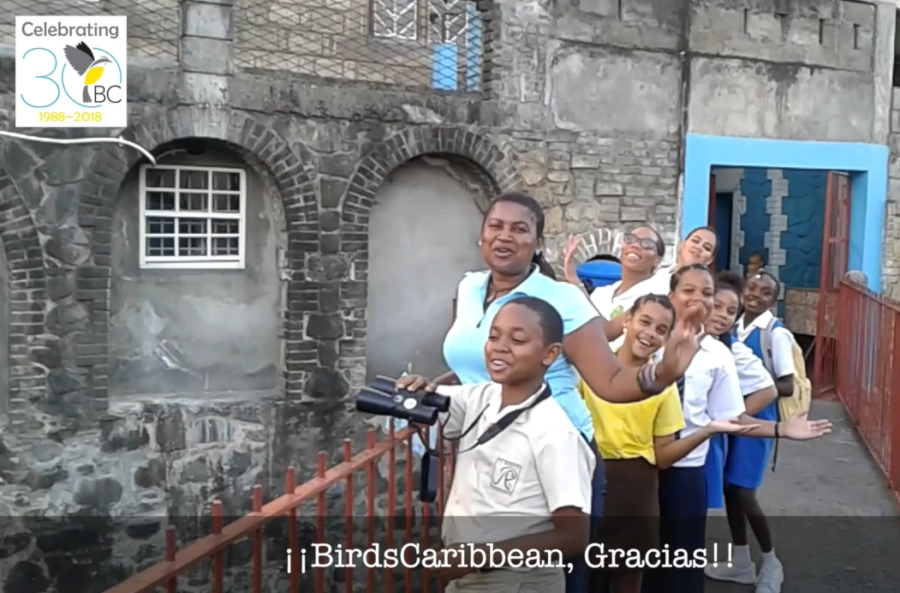
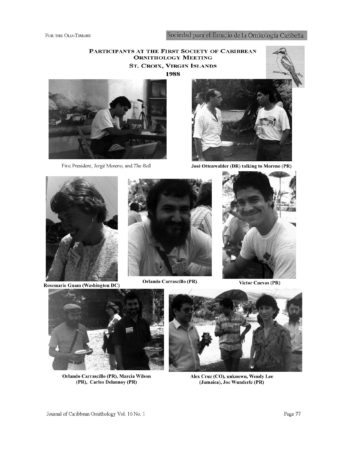
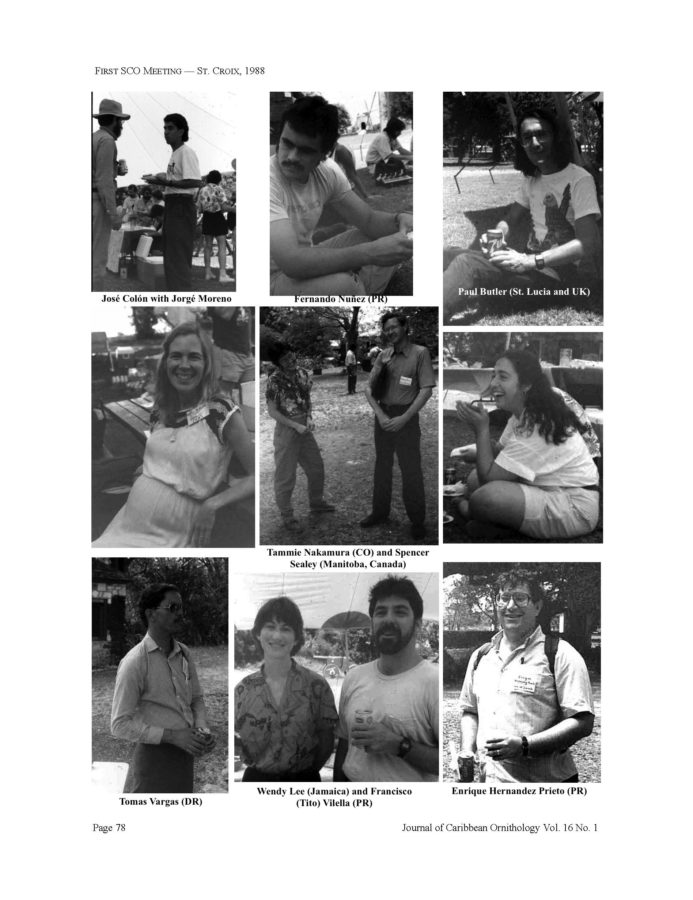
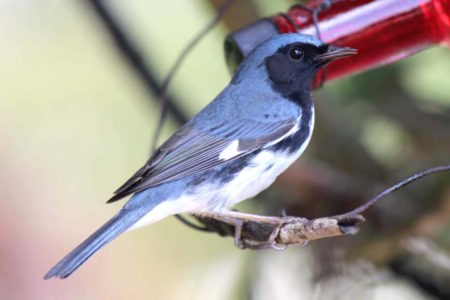
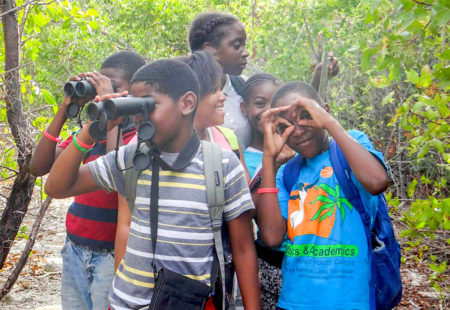
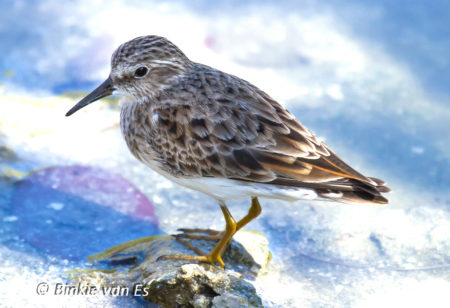

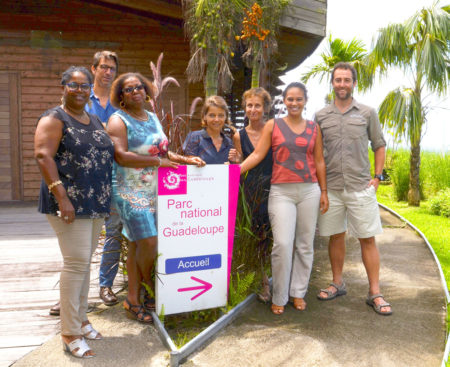
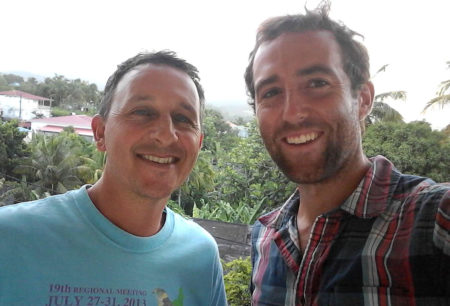
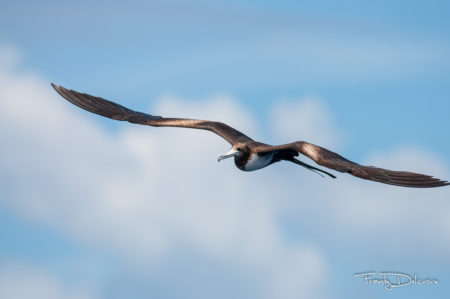
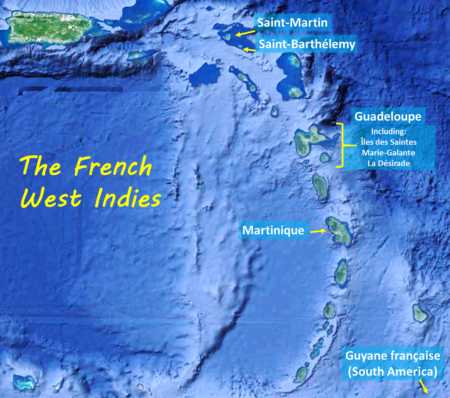
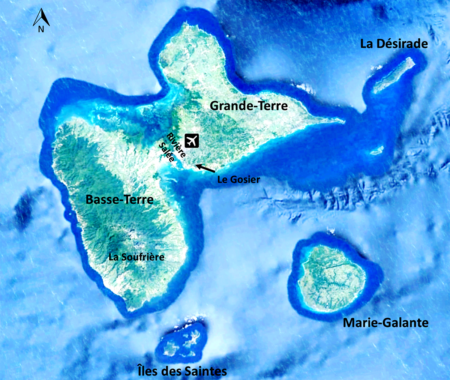
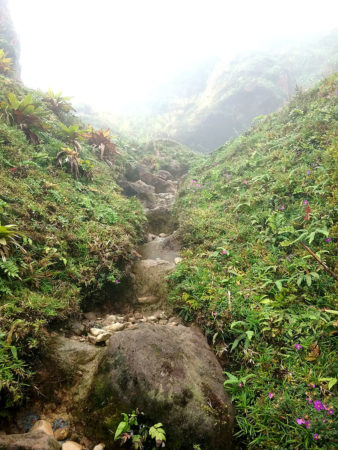
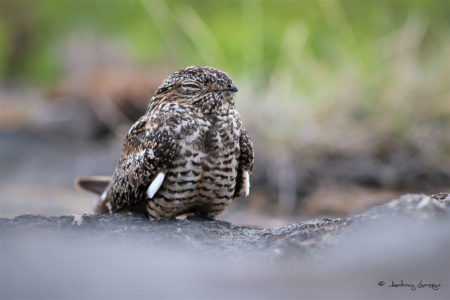
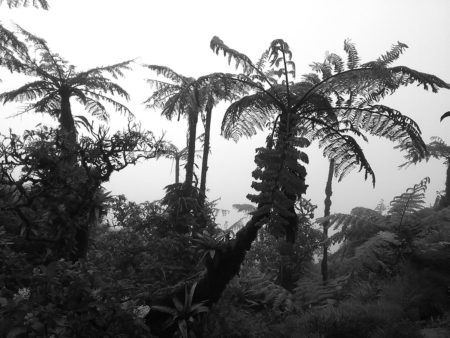
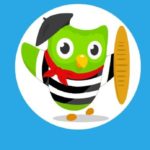 So, if you want to jump on the bandwagon and improve a bit before conference time, why not spend some time with Duo, and his free, fun-to-use online language program,
So, if you want to jump on the bandwagon and improve a bit before conference time, why not spend some time with Duo, and his free, fun-to-use online language program, 